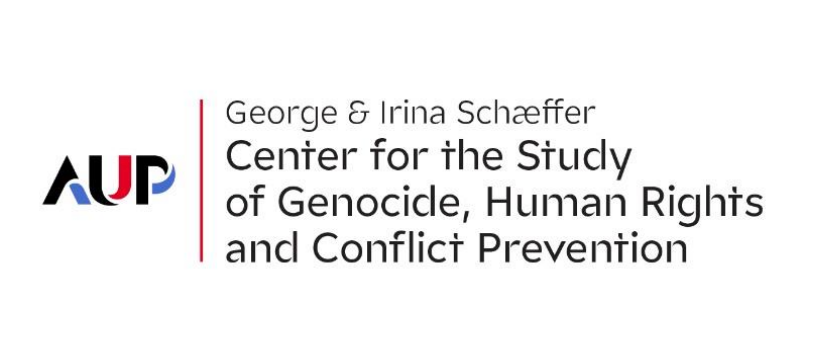
Narrative Matters 2025 : Disparate Narrative Worlds: Crisis, Conflict, and the Possibility of Hope (Paris)
Narrative Matters 2025
Disparate Narrative Worlds: Crisis, Conflict, and the Possibility of Hope
The American University of Paris and Université Paris Cité
13-16 May 2025
One of the central functions of narrative is the ability to create and shape worlds. Certainly, narrative can provide the resources for producing shared worlds in order to develop commonly held meanings. But a shared world is not the only possible consequence. Narratives can also establish competing versions of the world, which sometimes divide persons and groups so deeply that they can appear to be occupying different realities.
Of course, persons and groups have always inhabited disparate worlds. However, the protracted violent wars raging across the globe, new modes of communication and technologies, multiplication of sources, and the rise of political extremism seem to have exacerbated the situation, fracturing groups and calcifying existing divisions. The result is that disparate narrative worlds with alternative facts and multiple truths form the contours of our everyday reality.
Disparate narrative worlds are not only a feature of the political landscape but are also embedded in aspects of daily life where social divisions and patterns of affiliation generate divergent realms of meaning. We can thus speak about disparate narrative worlds between generations, developmental stages, social roles and classes, religions, ethnicities, races, neurotypes, and persons. We also find worlds of men and women, young and old, the able and disabled as well as doctors and patients, teachers and students, and more.
Disparate worlds are also represented in literary and more generally artistic and cultural narratives: contemporary or anachronistic worlds, disparate on the political, cultural, private levels, worlds populated by diverse and sometimes segregated groups. We encourage participants to take up the conference theme in order to shed light on what literary narratives and narrative works across media can bring to the exploration of these disparate worlds and their dysphoric consequences, but also of the possibility of hopeful intersections between worlds.
The question of the construction of disparate narrative worlds is only part of this conference’s scope. In addition, we are very interested in contributions oriented toward bridging divides in order to arrive at novel alliances and solidarities that can more effectively address the myriad challenges that confront our shared world. How can we connect narrative worlds to create, more or less, common spaces?
Narrative Matters 2025, the 12th biennial conference, is co-organized by the George and Irina Schaeffer Center for the Study of Genocide, Human Rights and Conflict Prevention at The American University of Paris and the Paris Center for Narrative Matters at Université Paris Cité.
We are open to a wide range of proposals related to the conference theme such as:
· Narrative responses to crisis and conflict, repair and reconciliation.
· The narrative processes of establishing fact, truth, reality.
· The rights, authority, and entitlement to narratives, experiences, or identities.
· Disparate worlds of illness and care.
· Disparate bodies, disparate narratives (e.g., disability, transableism, gender identity).
· Literary, artistic, and cultural narratives and the conspiratorial imagination.
· The narrative worlds of systematic discrimination and racism.
Keynote Speakers:
David Mwambari
Centre for Research on Peace and Development (CRPD)
Associate Professor in the Faculty of Social Sciences at Katholieke Universiteit Leuven
Francesca Polletta
Chancellor's Professor of Sociology
University of California, Irvine
Michael Rothberg
Professor, English and Comparative Literature
1939 Society Samuel Goetz Chair in Holocaust Studies
University of California, Los Angeles
Amy Shuman
Professor Emeritus, The Ohio State University
—
Please submit your paper or panel proposals by 15 October 2024 at www.aup.edu/narrative-matters-2025
Please note that we ask participants to submit only one proposal. Panel proposals are particularly welcome.
The abstract for an individual paper should be 250-300 words. Panel proposals (with 3-4 speakers and a panel chair) should include a brief general description and short abstracts for each paper. In addition to the proposal text, please include a 100 word biographical statement for each speaker.
—
Questions should be addressed to narrativematters2025@gmail.com